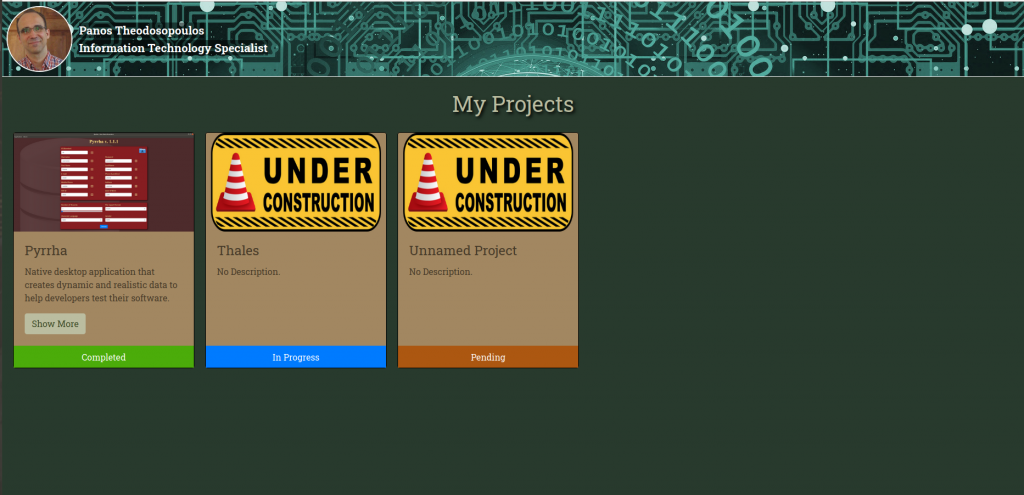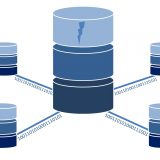Security for Beginners

Nowadays, all of us live two lives—one in the physical world and the other in the digital world. That’s why security in the digital world (that is, cyber security) is as crucial as that in our physical world. Let us look at some basic guidelines you need to follow in order to secure your precious data.
The internet has provided us with the opportunity to perform a large number of tasks without necessitating our physical presence. Some of them include accessing our bank accounts and tax data. This implies that money and personal information are now accessible though the internet. These are two things hackers would love to get their hands on. Every site or service (such as email) on the internet uses credentials (username and password) to identify its users. So, make sure that the passwords you are using on these sites are difficult for other people to guess. Avoid using birthdays, or your children’s/boyfriend’s/girlfriend’s name, or something too easy such as “password” or “123456.” Your password should be at least 8 characters long and contain both text (at least one capital letter among other lower case ones) and numbers. Adding some symbols would strengthen your password even further, if you are able to remember them.
Your system (computer or any device that has a user account) must be protected too. Everything I have mentioned do far about passwords also applies here. An antivirus, antimalware, and maybe a personal firewall are extremely important to ensure your device’s safety. Another crucial thing is the backup of your files. Use a suitable application (such as EaseUS Todo Backup) to make frequently copies of your precious files for storing in another medium (hard disk) or location (cloud storage). Most people backup their files rarely, but believe me, if you commit yourself to doing it properly, you will be happy that you did in case of a disaster (hard disk failure, gor example). Better safe than sorry!
The most important thing when it comes to cyber security is responsible user behavior. Most of the time, the “weak link” in your security strategy is… you! Hackers know it, and they will try to manipulate you (by social engineering) such that you provide them with the information they need to gain access to your data or money or both. Don’t respond to emails from banks or other organizations when they ask you to give them your password or the pin you use to sign in to these organizations. Don’t open attached email files if they look suspicious, even if the email is from a trusted source (a friend or a colleague). Always use strong (difficult) passwords. When you plug in a USB drive that someone has given you, always scan it for virus/malware. Don’t run programs that you have downloaded from an unknown site on the internet. If you need a program, use the official site of the program developer or well-known sites that host programs (CNet, Tucows, MajorGeeks, among others). Don’t give sensitive information over the phone if you are not sure about who you are talking to.
These are a few guidelines to allow you to secure your digital identity. I hope you find them helpful.






